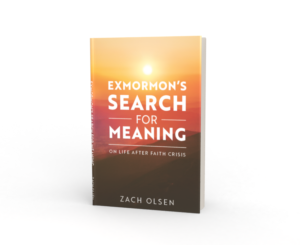You may feel a bit insulted by the claim that you need somebody to teach you how to enjoy. This isn’t really about having the capacity to enjoy, but rather about choosing what to enjoy and consciously practicing how to enjoy in a certain way. This also isn’t about telling you what you should or shouldn’t enjoy. The point is taking a moment to question your assumptions related to how you derive pleasure. If left unchecked, one could over invest scarce time and resources needlessly and come out worse off than they were before.
We’ve all experienced the sense of fleeting enjoyment that things have. Even when you do discover something enjoyable, after some time it becomes harder to replicate and eventually stops being enjoyable altogether because you’ve found something that you think you’ll enjoy even more. Why does enjoyment feel out of our control?
You can’t deny the amount of effort that is put towards teaching you what to enjoy. Trillions of dollars are invested in the form of advertising to train us in enjoyment. As a result we tend to maintain under-theorized requirements for enjoyment. To enjoy, goes our unconscious thinking, things are required to:
- Be rare. The exotic and hard to find will please us more than what is easily available.
- Be unique. Ordinary and familiar is dull and uninspiring.
- Be expensive. Cheap or free are hard to appreciate.
- Be popular. Endorsement from other people ensures their quality.
- Be big. Large scale means big enjoyment.
- Be something you’re good at or even the best at. Enjoyment increases the more expert you become.
- Be a means to an end. Makes money, advances career, increases power, makes you better, helps someone else, makes a lasting impact — rather than an end unto itself.
Every once in a while something that doesn’t meet the above requirements jumps out and surprises you with the amount of enjoyment it provides. We call these Simple Pleasures.
I think we have more control over what we enjoy than we think. We impair our ability to enjoy life by undermining our ability to enjoy simple, easily obtainable things. “Pleasure is an important form of knowledge,” says critic Jerry Saltz and, like any knowledge, we can learn it. Trust your own responses a little more. Focus on approval from others about what is enjoyable a little less. Decide to take pleasure in life more often and in more ways. From Seneca:
“To have whatsoever he wishes is in no man’s power, it is in every man’s power not to wish for what he has not, but cheerfully to employ what comes to him.”
For example, above is a video essay on one of life’s purest and most simple of simple pleasures — walking.
Look for more videos on simple pleasures coming soon.





